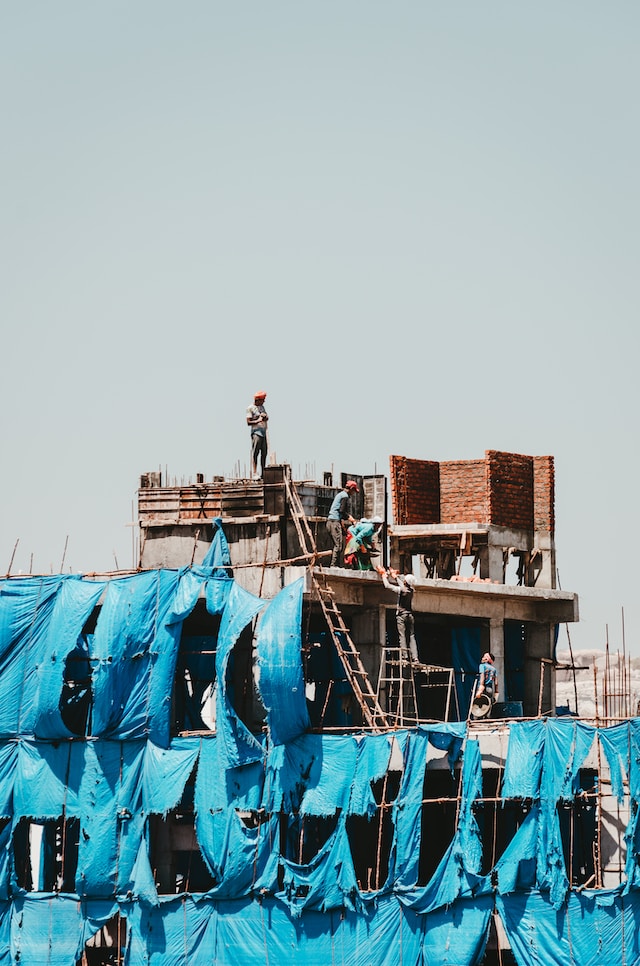Trade Disputes in Thailand

In an export-driven economy like Thailand’s, trade disputes can have significant consequences. Effectively managing disputes can preserve business relationships, lower legal costs, and expedite resolution. Compliance with local labor laws and open communication in the workplace can help minimize legal liability and promote worker morale. When disputes cannot be resolved through mediation or conciliation, parties […]
Labor Disputes in Thailand

Labor disputes are common in Thailand and can occur from disagreements over wages, termination, or working conditions. Effectively managing these conflicts requires a strong understanding of local law and procedures. Trade unions are legally recognized and protected in Thailand, and workers have the right to form them. Disputes are typically resolved through mediation and conciliation […]
What is a Power of Attorney in Thailand

Power of Attorney in Thailand is a legal paper instrument that allows one person (the Agent or Attorney-in-Fact) to act on behalf of another. It is useful for foreigners dealing with legal and/or business matters in Thailand. Various Thai government departments require the use of their standard PoA formats for specific transactions like selling or […]
Notary Public in Thailand

In most countries, a Notary Public is an official appointed by the government to authenticate legal documents, signatures or statements of persons under oath. Expatriates often need such services when couriering documents to the embassy for use abroad. However, Thailand does not have a standalone official position titled “Notary Public”. Instead, the Lawyers Council of […]
Breach of Contract in Thailand

Contracts are a fundamental pillar of the legal system, offering a clear framework for rights and obligations. Understanding contract law is critical for businesses, investors, and individuals engaging in commercial transactions. Legal compliance, careful contract drafting, and knowledge of available remedies are crucial. Contract disputes may be resolved through litigation or alternative dispute resolution methods […]
Personal Injury Claims in Thailand

If you’ve been injured due to someone else’s wrongful act or negligence, it is your legal right to seek compensation. But navigating the Thai legal system can be difficult. Language barriers, unfamiliar procedures, and cultural differences are common. Sociolegal theorists have long argued that state law operates by interacting with and responding to nonstate legal […]
Medical Malpractice in Thailand

Medical Malpractice in Thailand is a complex area of law that is regulated by both civil and criminal laws. It includes unskilled and inadequate treatment, surgical errors, misdiagnosis, and failure to warn patients about known risks and complications. While malpractice is relatively rare in Thailand, it does occur. It is important to have a thorough […]
Set Up a Representative Office in Thailand

Setting up a representative office in Thailand is a great way to test the market without making large financial or legal commitments. It allows for 100% foreign ownership, and is exempt from corporate taxes. Representative offices can report on business movements to their head office and affiliated companies, but they cannot conduct any direct commercial […]
Setting Up a Thai Limited Company

Setting up a Thai Limited Company is a complex process, subject to precise legal requirements. The process is governed by regulations laid down by the Department of Business Development (DBD). First, a company name must be reserved with the DBD. The name must comply with the DBD’s naming guidelines and must conclude with “limited”. Next, […]
The Difference Between Civil and Criminal Cases in Thailand

While civil law focuses on resolving disputes and compensating victims, criminal law punishes wrongdoers in order to support justice and social order. It is important for Canadians to understand the distinction between these two types of litigation in Thailand. A judge will preside over trials, and appeals are heard by the Court of Appeals (Dika […]

